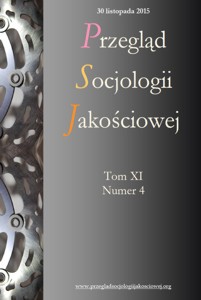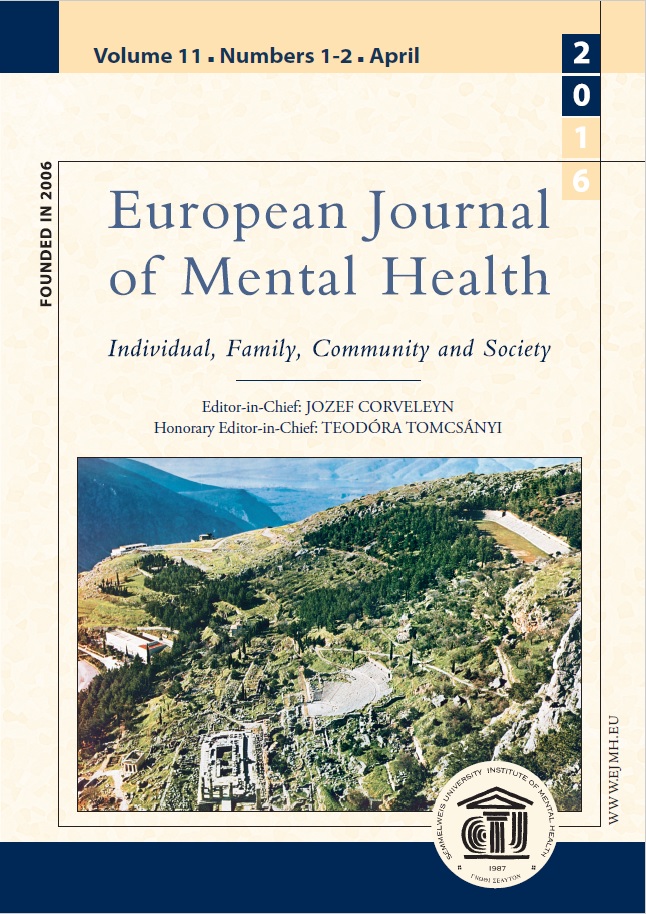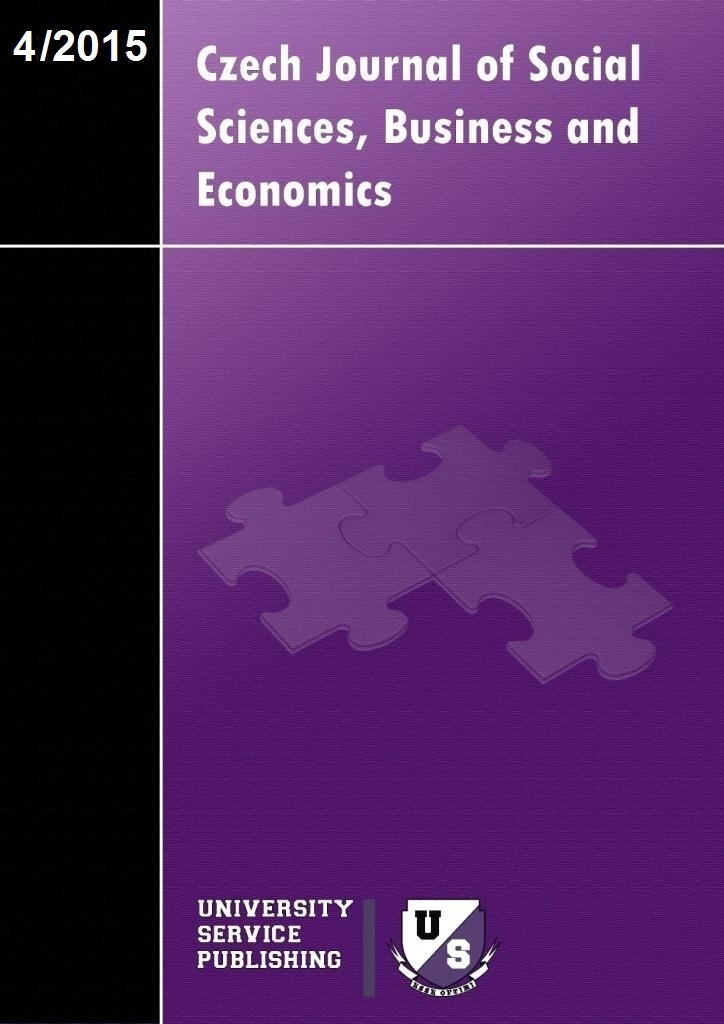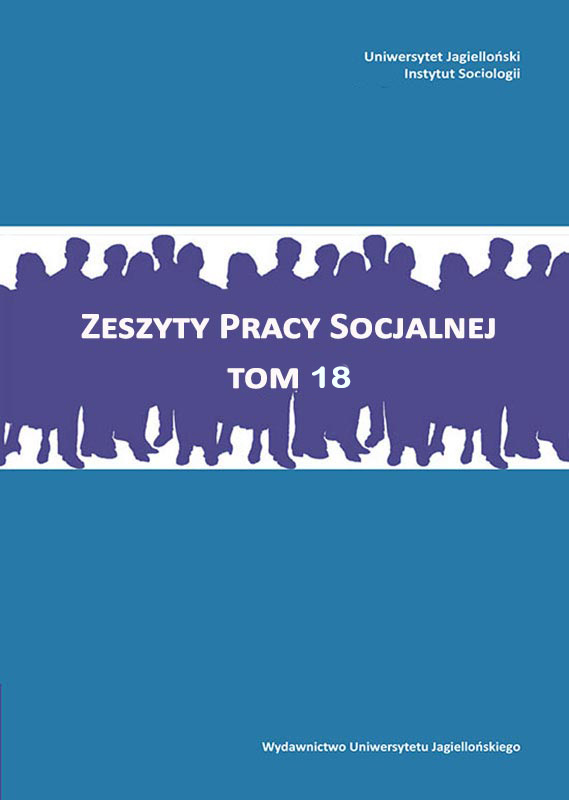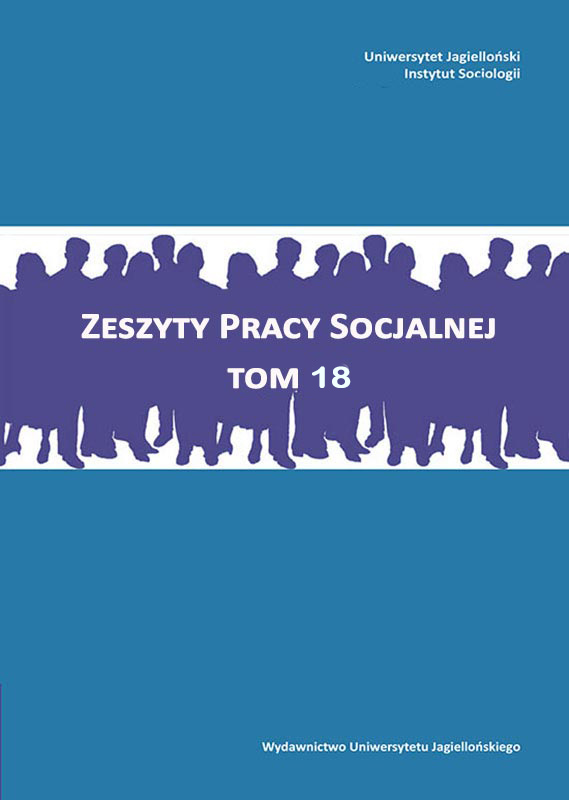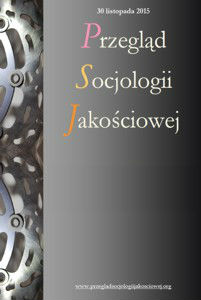
Stawanie się nastoletnim ojcem. Dziecko jako punkt zwrotny w biografiach młodych mężczyzn o niskim statusie społeczno-ekonomicznym zamieszkujących enk
The paper reflects on the impact of fatherhood on lives of young men, brought up in multiproblem families in poverty enclaves in a post-industrial city, namely Lodz. Empirical grounds of the text are 27 biographical interviews carried out within a research module of the WZLOT project (full project title: “Strengthening Opportunities and Weakening Transmission of Poverty among Inhabitants of Towns of the Lodz Province”) with young men who had become fathers as teenagers. The interviewees had been school dropouts, in conflict with the law, with problems of substance abuse. The paper attempts to reconstruct the process of becoming a father in the case of young men lacking father figures themselves and whose fatherhood was often being questioned because of their low socioeconomic status.
More...
